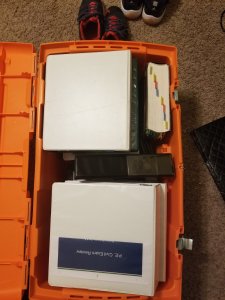- 2,129
- 197
- Joined
- Dec 6, 2008
Impossible to be a full time engineering student with a full time job. Not enough hours in the day
Anything is possible. I worked as an intern at a Construction Contractor, which turned into a full time Project Engineering position, while going to school full time.
I did that for the last 2 years of school. It was tough, but possible.


